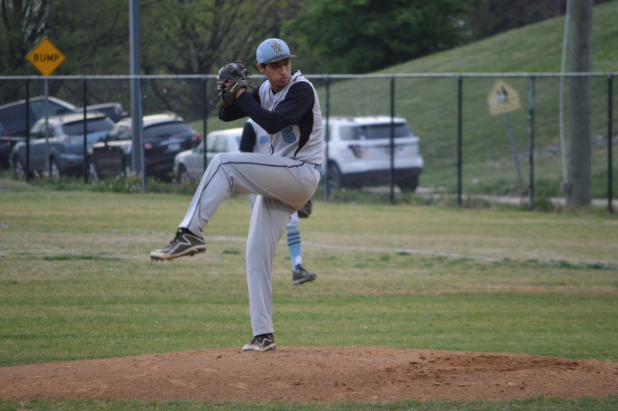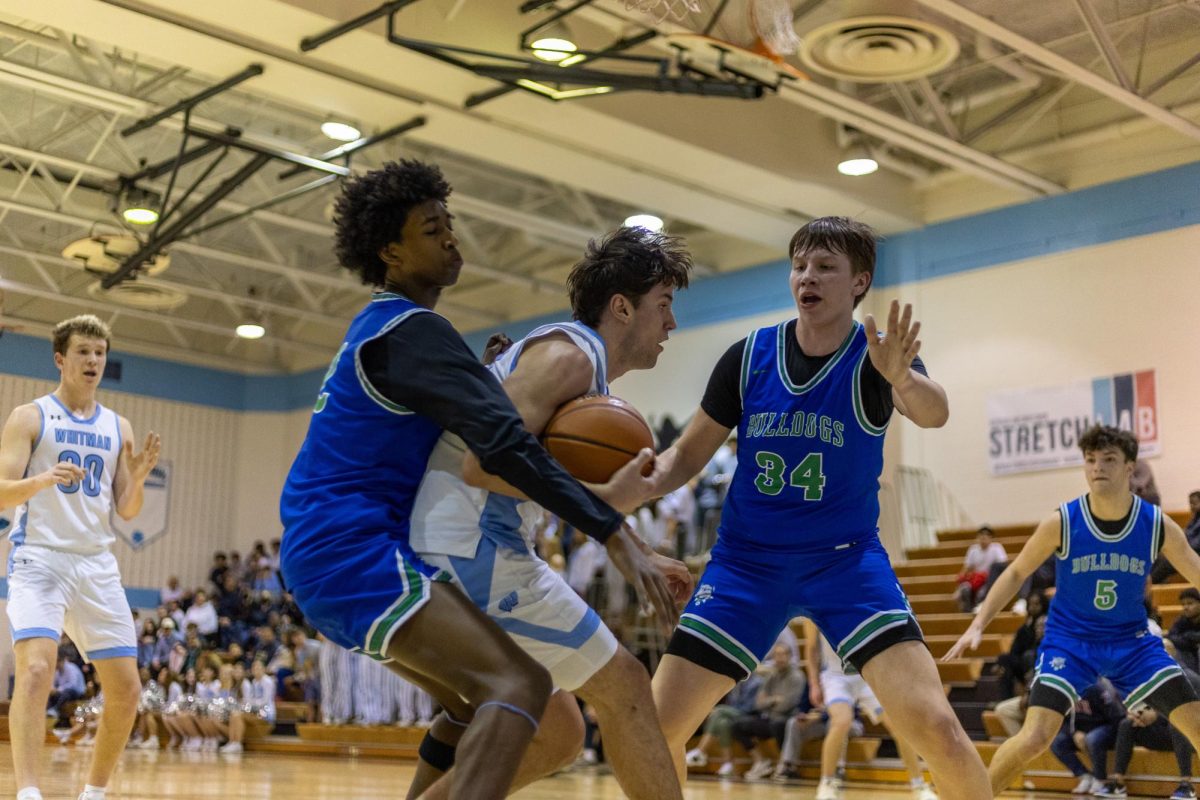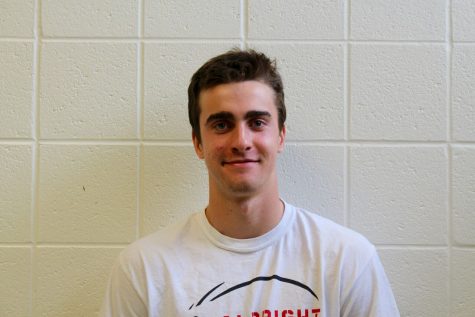
On June 11, pitcher Sean Cook achieved something that only one Whitman player had ever done before: get drafted by a Major League Baseball team.
In the 40th round of the 2016 MLB draft, the Washington Nationals selected Cook, who had a historic season for the 14–5 Vikes. He posted a stifling 1.50 E.R.A. in a year when he went 4–2 and threw four complete games. His dominant season landed him on The Washington Post’s All-Met second team, and he hopes that these accomplishments will propel him towards a walk-on spot at the University of Maryland.
However, despite his successful year, Cook wasn’t expecting to be drafted.
“I was very surprised,” Cook said. “I had minimal contact beforehand with their area scout. I only found out when my phone started blowing up and I saw the announcement on Twitter.”
Higher-level organizations had been keeping an eye on Cook throughout the year through local and professional scouts. Cook remembered seeing these representatives a few times during the season.
“There were scouts at the Gaithersburg game and the Blair playoff game,” Cook said. “But they only told me that they had seen me and added me to their database.”
The MLB draft is different from most other professional drafts because of the minor league system. Consequently, there are more rounds in the MLB draft than in any other professional sport’s draft. Once drafted and signed, a player will start their career with an affiliated, but lower version of the professional team, such as the Potomac Nationals (A), the Harrisburg Senators (AA), or the Syracuse Chiefs (AAA). Over time, a player moves up the chain of minor league teams until he gets to the Majors. The teams furthest away from the Majors are called single A (A) teams, while the teams closest to the Majors are called triple A (AAA).
Late-round draft picks like Cook typically have a long road to the majors, starting in single A ball or instructional leagues.
Additionally, if the draftee is not a college senior and does sign, he loses his amateur status and can never play any sort of collegiate sport.
This rule and the tedious minor league system led Cook to decide not to sign the contract with the Nationals. Instead, he plans to continue his education and hopefully play collegiate baseball.
“I still intend to go to college at UMD,” Cook said. “I will do my best to impress the coaches and hopefully walk on.”








